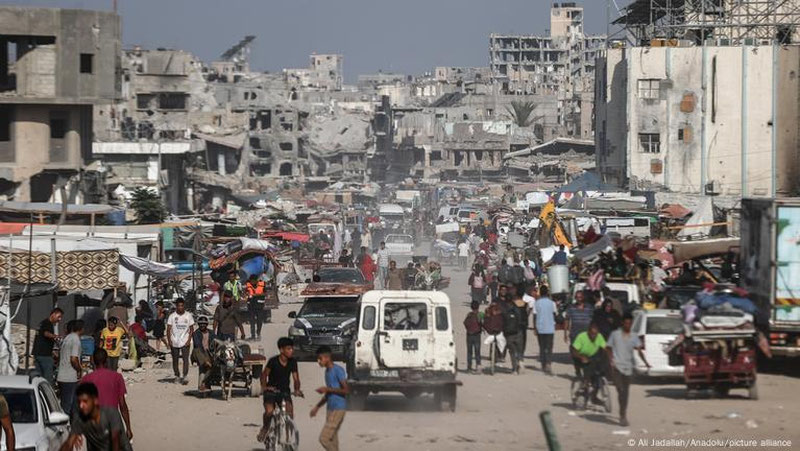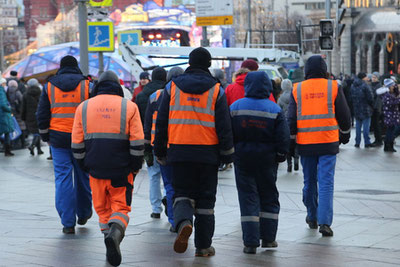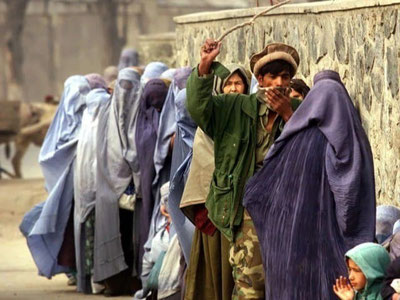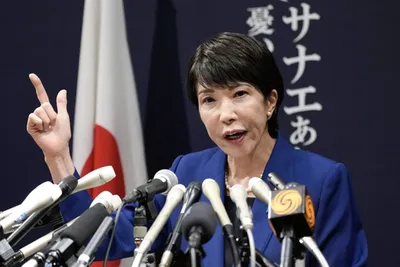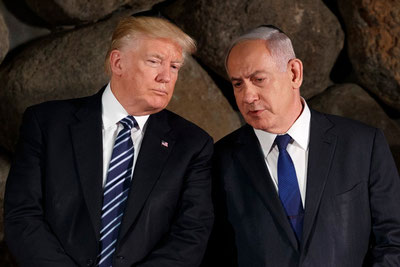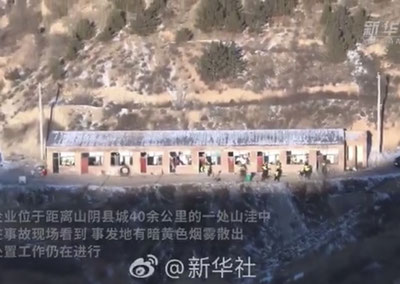According to the BBC, HAMAS has rejected the US's proposal for a ceasefire. This is because the US proposal does not meet HAMAS's main demands. A HAMAS official announced in an interview with the BBC that the proposal did not take into account demands such as a complete cessation of hostilities and a guarantee of humanitarian aid. he noted.
The plan proposed by the US envoy Steve Whitkoff involves HAMAS returning 10 living and 18 deceased Israeli hostages, in exchange for Israel stopping the shooting for 60 days and releasing Palestinian prisoners. Israeli officials have indicated their approval of this proposal, but HAMAS has yet to give an official response.
HAMAS representatives have noted that the proposal lacks clear statements on the complete cessation of war, guaranteeing humanitarian aid, and the full withdrawal of Israeli troops from Gaza. They have also highlighted a significant discrepancy between this proposal and previous promises made during negotiations.
Israeli Security Minister Itamar Ben-Gvir, using HAMAS's rejection of the proposal as a pretext, stated that it was time to act "with full force" in Gaza. According to him, there is no reason to wait and HAMAS must be completely eliminated. The humanitarian situation in Gaza is steadily worsening. In the last 10 weeks, approximately 4000 people have died, and Tom Fletcher, the head of UN humanitarian affairs, has declared a state of forced starvation in Gaza and emphasized that the global community needs to pay serious attention to this situation.
Negotiations are still ongoing, and HAMAS is preparing its official response. These negotiations could be crucial for peace and stability in the region.
Abdulloh Sayyid
